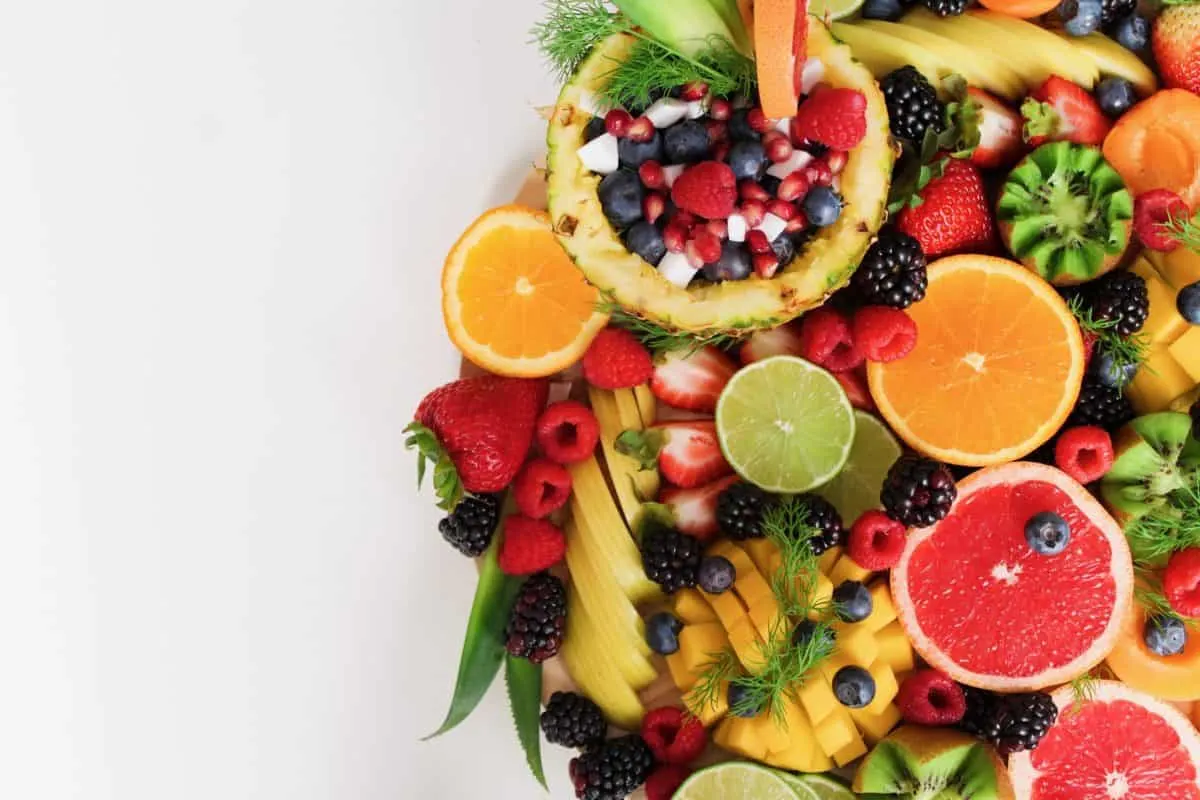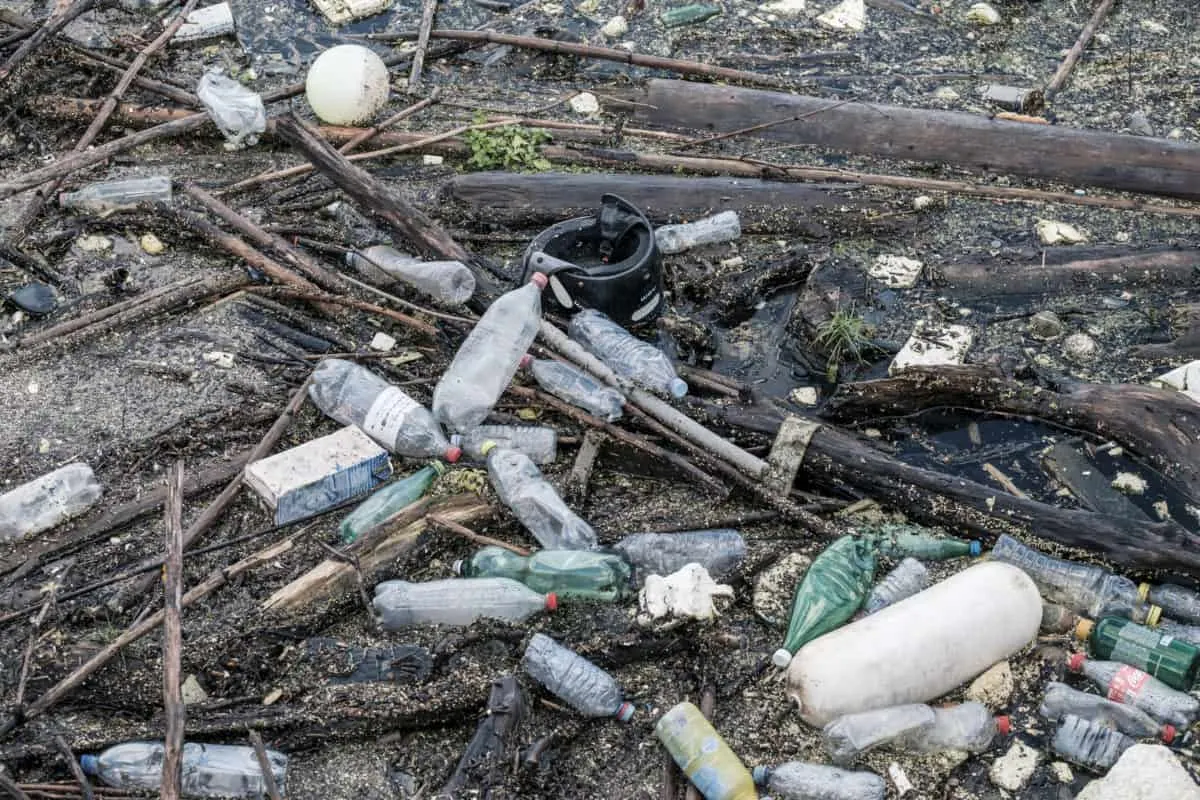More whole grains, vegetables, and fruits, less meat as well as more seasonal locally grown raw material products are a healthy way of living that can prove very helpful to the environment as well.
Meat is a vital part of both identity and heritage. It happens to be a cultural staple found in several communities the world over. However, with a global middle class that’s on a rapid rise, many societies are fast becoming obsessed with meat. The places that are most prevalently known for living this way are the rich nations due to how their high appetite for processed chicken, pork and beef have reached their optimum points.

How Diets are Making the World a Better Place
Research has shown that meat-heavy diets increase the risk of heart disease, cancer, and obesity. Unfortunately, that’s not all this does. It also helps make the planet earth sick. The livestock industry, raising chickens, pigs, and cows, produces as much greenhouse emissions (EPA) as all automobiles, trucks, and cars combined. Owners of large herds of cattle usually have millions of square km of forest land for grazing purposes. Don’t get it twisted, though, don’t think we’re saying you stop eating meat by tomorrow. However, we all might want to start adopting some meat consciousness worldwide. A shift to more plant-based foods is key to combating ocean dead zones, water, air, and soil pollution, and climate change, alongside a myriad of several other issues caused by livestock production.
What You Can Do
You can commit to reducing your dairy and meat consumption by a couple of meals each week and telling five of your closest buddies about your choice of finding alternative proteins. You can also make vegetables and fresh fruit a large part of your daily diet. Finally, you can go for the option of purchasing organic or sustainable fresh produce whenever you can. The HCG diet has proved from medical research just how effective it is as quick weight loss. Losing weight quickly is a great help in making permanent lifestyle changes.
How Does Diet Impact Environment
Many societies across the globe demand that food be cheap. So, a lot of the agricultural policies being adopted worldwide for the past few decades or so have been designed to focus on producing inexpensive public calories in large amounts. The two sources of calories that are known to be among the cheapest include soy and corn. They are known to consist of a high percentage of the daily calorie intake of the general American public.
Soy and corn are prized because they can be grown on large-scale setups efficiently. However, growing just one of these crops consistently, for instance, a monoculture can help deplete the soil, forcing small and large farmers to use excess fertilizers and pesticides. The effects of this excess use of fertilizers and pesticides on our water supply and natural wildlife have been well-documented over the past few years. Currently, the Gulf of Mexico’s “dead zone,” where no animals or fish can inhabit, has enlarged to about 8,500 square miles. By the way, that’s how big New Jersey is.
Impact Of Environmental Toxins
According to SF Gate, herbicides and pesticides are environmental toxins commonly called xenobiotics. However, they don’t only include these two components. They also include plastics, surfactants used in the packaging of foods, industrial chemicals, household chemicals, heavy metals, and cadmium, mercury, and lead. These products, in particular, have been known to impact animal health negatively. Environmental estrogens, which make up a certain group of xenobiotics known as xenoestrogens, not only disrupt your endocrine systems but also mimic animal hormones. Like several other xenobiotics, you’ll find them in herbicides, pesticides, and other chemicals.
Xenoestrogens have been linked to reproductive health complications and developmental issues in laboratory animals and wildlife. Among some of the effects that have been well-documented over the past couple of years concerning these components are male fish expressing female characteristics, male frogs containing multiple ovaries as well, as turtles with reversed sexes. In human beings, they mimic human estrogen effects because they contain chemical structures that allow them to fit inside your body’s estrogen receptor sites.

How Environment Impacts Our Food
The Department of Agriculture in the United States has been keeping track of produce’s nutritional quality for over half a century or so, and they have noticed a steady decline. According to WorldWatch researchers, Vitamin C declines by around twenty percent, riboflavin by forty percent, iron by fifteen percent, and calcium by sixteen percent. This means that people generally get less nutrition in each portion of calories per serving. In simpler terms, we now have to eat a lot more for us to get the same amount of mineral and vitamin content our bodies are used to.
This is all probably due to a blend of a plethora of factors, including nutrient depletion in soil, which happens because of the excess use of fertilizers and monoculture. Both of which help simplify the soil’s biochemistry. This soil simplification, in turn, makes plant matter more susceptible to pests which translates to farmers increasing the use of pesticides and other such chemicals. This increased usage is exactly how these chemicals enter our bodies. Also, plant matter treated with such chemicals does not produce enough phytochemicals, which helps protect itself from unwanted pests.
Try as much as possible to feed your detoxification system. How can you do this, you ask? Well, there are several ways you can make this happen. You can increase your body’s ability to convert harmful toxins into non-toxic components by drinking plenty of water, consuming a balanced diet that contains colorful fruits, whole grains, and vegetables the likes of blueberries, squash, broccoli, beets, citrus artichokes, and so forth, eating a lot of celery which happens to be a powerful detoxifying food and including antioxidants in your daily diet.
All in all, diets can and oftentimes do make the world a much better place. They aren’t just for the benefit of you and your body but for your surrounding environment as well. Hopefully, this article has shown you a little bit of how and why this is so.
